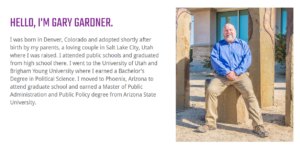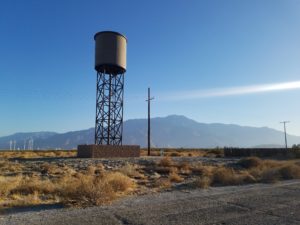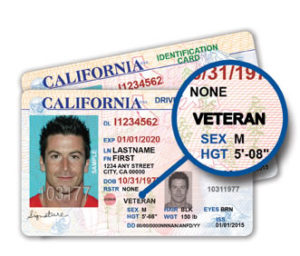
Newsindhs.com Independent News Desert Hot Springs
10/20/2019
NGO’s and public policy involvement at our local level steers public opinion a pre determined direction.
Nongovernmental organizations (NGOs) were once considered as altruistic groups which aim was to impartially influence public policy with no vested interests. Nevertheless, this perception has changed. They are increasingly perceived as groups that prioritize their own ideologies or that respond to the interests of their donors, patrons, and members rather than to those of the groups they represent. –Nongovernmental Organizations and Influence on Global Public Policy Cecilia Tortajada First published: 11 June 2016
 Gary Gardner came on to the scene in DHS suddenly just before the 2018 election. Before he ran for city council he was virtually unknown and was hand chosen by the Mayor to head a couple small committees in the city in order to garner him some namesake qualities.
Gary Gardner came on to the scene in DHS suddenly just before the 2018 election. Before he ran for city council he was virtually unknown and was hand chosen by the Mayor to head a couple small committees in the city in order to garner him some namesake qualities.
Whether he was recruited through some back channel to fill a vacancy in our city via his knowledge about programs that International and Federal groups need to get done we will likely never know. But through research we can find many similarities between what we see happen in DHS and well established human behavior and trends.
After that a clever friendly (one of us) story was manufactured back in 2017-18 to make him sound like he fits into our city just fine. He hikes here, he walks his dog here, he bought a home here, etcetera he was promoted onto our government scene as the next anointed to take the dais.
But is that the full story? Gary Garder is in no way a typical Desert Hot Springs resident by a long shot and with all the current projects that the Mayor himself has stated he wants to see get done this term was Gary Gardner recruited to help get those things done due to his expertise in Public Policy?
Let’s look at some more excerpts from the book mentioned above.
-World politics and international development have undergone a radical transformation mostly because of increasing globalization. A unique characteristic of this transformation is the increasing number and type of stakeholders organized into interest groups or nongovernmental organizations (NGOs). Their influence on public policy at local, national, and global levels and in nearly every aspect of policy‐making and international relations has made them dominant actors in the development arena (Lewis 2003).
-Many NGOs are as much a part of national and international politics as any other interest group, and their practices and activities are not always in the service of a ‘good society’ as discussed by Trent of the Centre on Governance at the University of Ottawa (Trent 2013). Their accountability and transparency have been increasingly questioned, mostly in cases where they have falsely claimed to represent the poorest and most deprived, mainly for fund‐raising purposes (Kaldor 2003).
-One of the few evaluations carried out was based on the Indices of Social Development database (http://www.indsocdev.org/) of the International Institute of Social Studies, Erasmus University Rotterdam. This database includes 200 indicators focusing on civic activism (use of media and protest behavior), clubs and associations (membership in local voluntary associations), intergroup cohesion (discrimination, ethnic and sectarian tensions), interpersonal safety and trust (perceptions and incidence of crime and personal transgressions), gender equality (gender discrimination in home, work, and public life), and inclusion of minorities (discrimination against vulnerable groups such as indigenous peoples, migrants, refugees, or lower‐caste groups). The indices are based on 25 data sources for 193 countries, over the period from 1990 to 2010. They are updated as new data become available.
Does that not sound like Gary Gardner to a tee? He was the head of the human rights council before being funded heavily to become a city councilman.
It would be foolish to not consider that there are higher moving parts present than are talked about when it comes to our representatives. After all Gary Gardner did not go to college to learn to hike and ride motorcycles. He’s a well trained seasoned public policy expert and his participation in passage of items connected to well funded companies and governmental groups within the Coachella Valley over the past 1.5 years has been extensive.
He’s heavily involved in complicated paperwork ranging from environmental causes, land use agreements, code requirements, legal terminology, public and social steering, and last but not least public policy all within Desert Hot Springs.
So with the increasing evidence that public policy experts are more and more beholden to their donors and leaders not the people they represent it’s right to question if we’ve been given a synthetic choice as has happened in the past regarding Mr. Gardner who is supposed to represent us at our city hall.
Credits- Read the full book about NGO’s and public policy involvement at our local level that steers public opinion a pre determined direction here at https://onlinelibrary.wiley.com/doi/full/10.1002/app5.134








